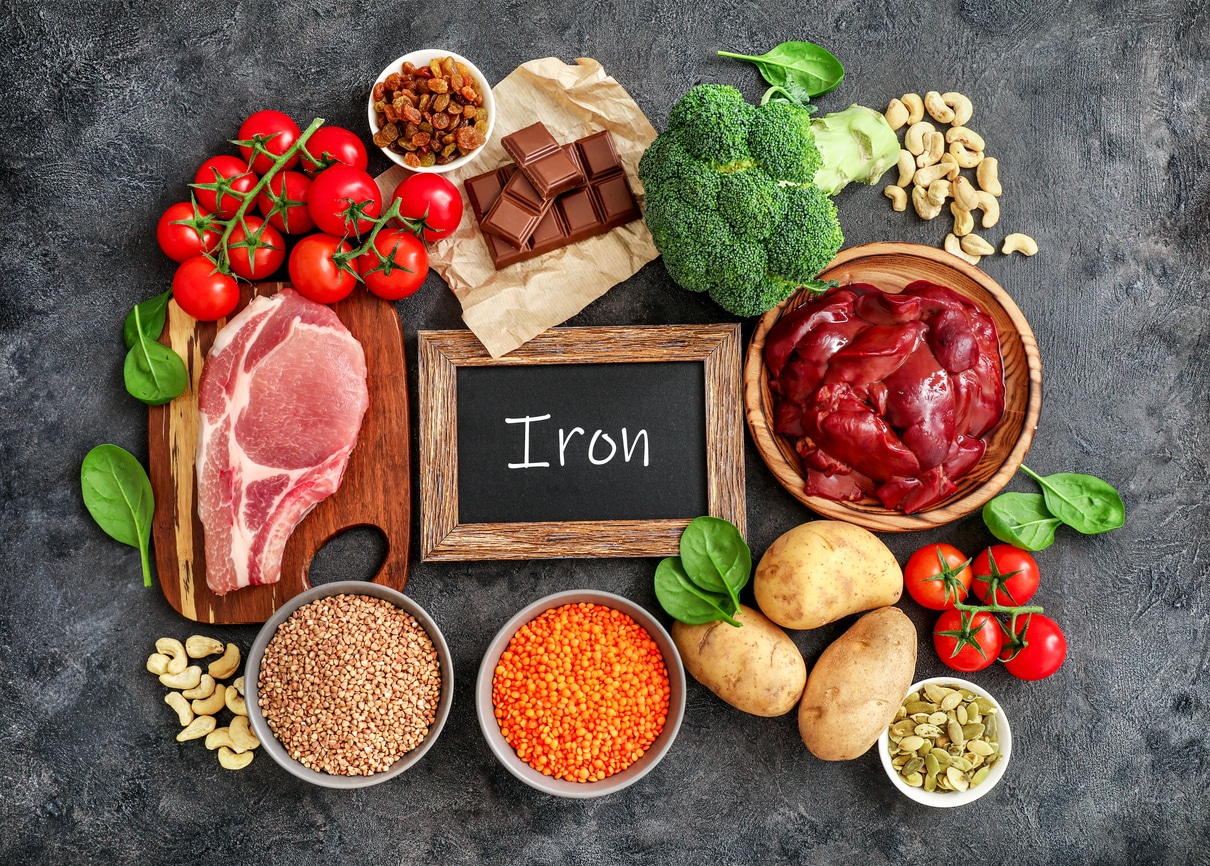Anemia, characterized by a reduced number of healthy red blood cells, affects nearly one-third of the global population. Beyond its well-known impacts—such as increased susceptibility to illness, impaired cognitive development and decreased productivity—emerging research points to a potential link between anemia and sensorineural hearing loss (SNHL).
Let’s explore the connection between these two conditions and what you can do to protect your hearing.
How Does Anemia Affect Your Ear Health?

According to an analysis investigating the relationship between anemia and SNHL, including over 300,000 people, those with anemia had a more than 50% higher risk of developing SNHL than those without. The most common cause of anemia-related hearing loss is iron deficiency anemia (IDA). While more research is required to determine the exact reason behind the correlation, the leading theory concerns blood flow. With IDA, your inner ear doesn’t receive enough healthy red blood cells, damaging the tiny hair cells responsible for transmitting sound to the brain.
How Can I Spot Iron Deficiency Anemia?
Common symptoms of IDA include:
- Excessive tiredness
- Headaches
- Muscle cramps
- Irritability
- Pale skin
- Easy or frequent bruising
- Rapid heart rate
- Sore tongue
- Spoon-shaped finger and toenails
Symptoms of IDA usually start mild and worsen over time. If you notice one or more symptoms, make an appointment with your primary care doctor for a blood test.
How Can I Protect My Hearing?
SNHL is irreversible. Because hearing damage is permanent, it’s crucial to prevent it proactively. If you have IDA, your healthcare provider will likely recommend iron supplements through daily tablets or an IV. In addition to medical therapy, you should eat an iron-rich diet. A few good sources of iron include:
- Meat: Beef, poultry, eggs and fish
- Grains: Whole wheat or enriched breads and cereals
- Legumes: Beans (black, kidney, etc.), peas, tofu and tempeh
- Fruits: Figs, dates and raisins
- Vegetables: Spinach, broccoli, dark leafy greens, potatoes, cabbage and tomatoes
If you don’t usually buy many fruits and vegetables, head to Denville Farmers’ Market for fresh local produce.
Can I Eat Too Much Iron?
Although it’s rare to get too much iron from food alone, taking iron supplements without guidance from a healthcare provider can be harmful.
Consuming too much iron can result in constipation, diarrhea, dark bowel movements and nausea or vomiting. Due to the potential side effects, you should consult your healthcare provider before starting iron supplements.
What if I Develop Hearing Loss?
If you notice signs of hearing loss, like feeling that others are mumbling or turning the TV up too loud, schedule an appointment with one of our specialists at Speech & Hearing Associates. We can conduct a hearing test and get you started on the right treatment path.